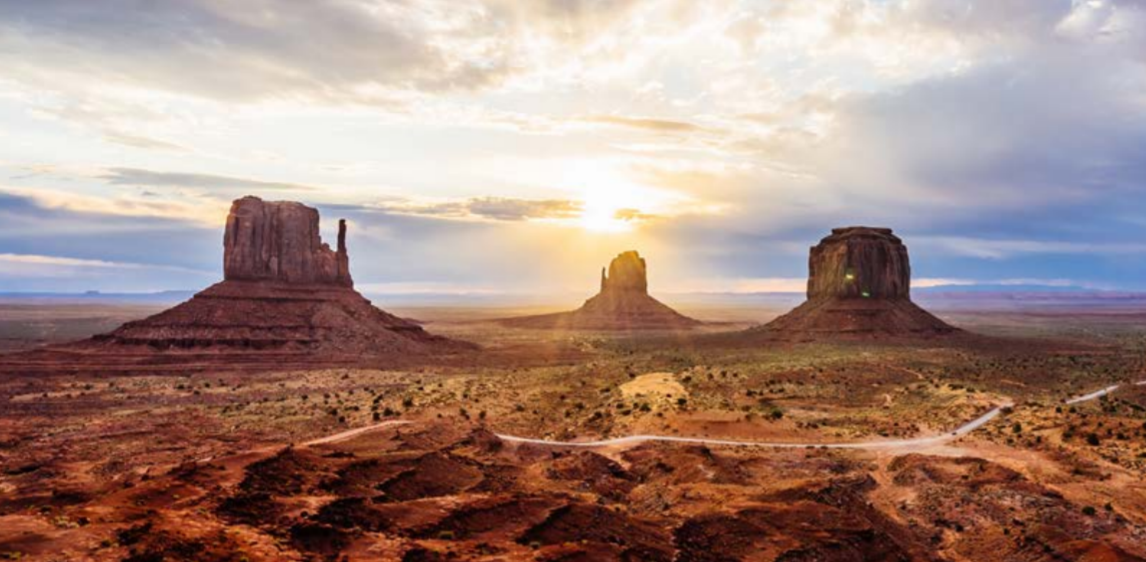
- Details
- By Native News Online Staff
WINDOW ROCK, Ariz. – On Saturday, the Navajo Department of Health, in coordination with the Navajo Epidemiology Center and the Navajo Area Indian Health Service, reported 69 new COVID-19 positive cases for the Navajo Nation and four more deaths. The total number of deaths reached 334 as of Saturday. Reports from 11 health care facilities on and near the Navajo Nation indicate that approximately 3,470 individuals recovered from COVID-19, with one health care facility report still pending. 48,301 people have been tested for COVID-19. The total number of COVID-19 positive cases for the Navajo Nation is 6,963.
Here are the Navajo Nation COVID-19 positive cases by Service Unit:
- Chinle Service Unit: 1,813
- Crownpoint Service Unit: 631
- Ft. Defiance Service Unit: 418
- Gallup Service Unit: 1,184
- Kayenta Service Unit: 1,004
- Shiprock Service Unit: 1,130
- Tuba City Service Unit: 570
- Winslow Service Unit: 205
* Eight residences with COVID-19 positive cases are not specific enough to place them accurately in a Service Unit.
Within three months, the Nez-Lizer team distributed food, bottled water, diapers, pet food, protective face masks, and other supplies to all 110 Navajo communities.
"The Administration took a proactive step to help Navajo elders and families since the first outbreak of the coronavirus on the Nation. As a team, we have seen the emotions and heard the stories of how this monster called the coronavirus impacted and entered our homes and communities. In times of adversities, we have to step-up and use our past leaders' and ancestors' teachings to help each other. There is a time when we have to think of others before ourselves," said President Nez.
On behalf of the Office of the Administration, we commend all the Executive Branch divisions and departments, chapter governments, and volunteers who assisted at each distribution site. The Administration will also continue to distribute to communities impacted by COVID-19 and on need basis.
To Donate to the Navajo Nation
The official webpage for donations to the Navajo Nation, which has further details on how to support the Nation’s Dikos Ntsaaígíí-19 (COVID-19) efforts is: http://www.nndoh.org/donate.html.
For More Information
For more information including reports, helpful prevention tips, and more resources, please visit the Navajo Department of Health’s COVID-19 website at http://www.ndoh.navajo-nsn.
For up to date information on impact the coronavirus pandemic is having in the United States and around the world go to: https://www.worldometers.info/coronavirus/country/us/?fbclid=IwAR1vxfcHfMBnmTFm6hBICQcdbV5aRnMimeP3hVYHdlxJtFWdKF80VV8iHgE
For up-to-date information about COVID-19, Native News Online encourages you to go to Indian Health Service’s COVID-19 webpage and review CDC’s COVID-19 webpage.
More Stories Like This
Native News Weekly (August 25, 2024): D.C. BriefsUS Presidents in Their Own Words Concerning American Indians
Happy New Year 2026 from Native News Online
Next on Native Bidaské: Covering Indian Country: Lessons from 2025 & the Road Ahead
The Stories That Started to Define Cultivating Culture in 2025
Help us defend tribal sovereignty.
At Native News Online, our mission is rooted in telling the stories that strengthen sovereignty and uplift Indigenous voices — not just at year’s end, but every single day.
Because of your generosity last year, we were able to keep our reporters on the ground in tribal communities, at national gatherings and in the halls of Congress — covering the issues that matter most to Indian Country: sovereignty, culture, education, health and economic opportunity.
That support sustained us through a tough year in 2025. Now, as we look to the year ahead, we need your help right now to ensure warrior journalism remains strong — reporting that defends tribal sovereignty, amplifies Native truth, and holds power accountable.
 The stakes couldn't be higher. Your support keeps Native voices heard, Native stories told and Native sovereignty defended.
The stakes couldn't be higher. Your support keeps Native voices heard, Native stories told and Native sovereignty defended.
Stand with Warrior Journalism today.
Levi Rickert (Potawatomi), Editor & Publisher

